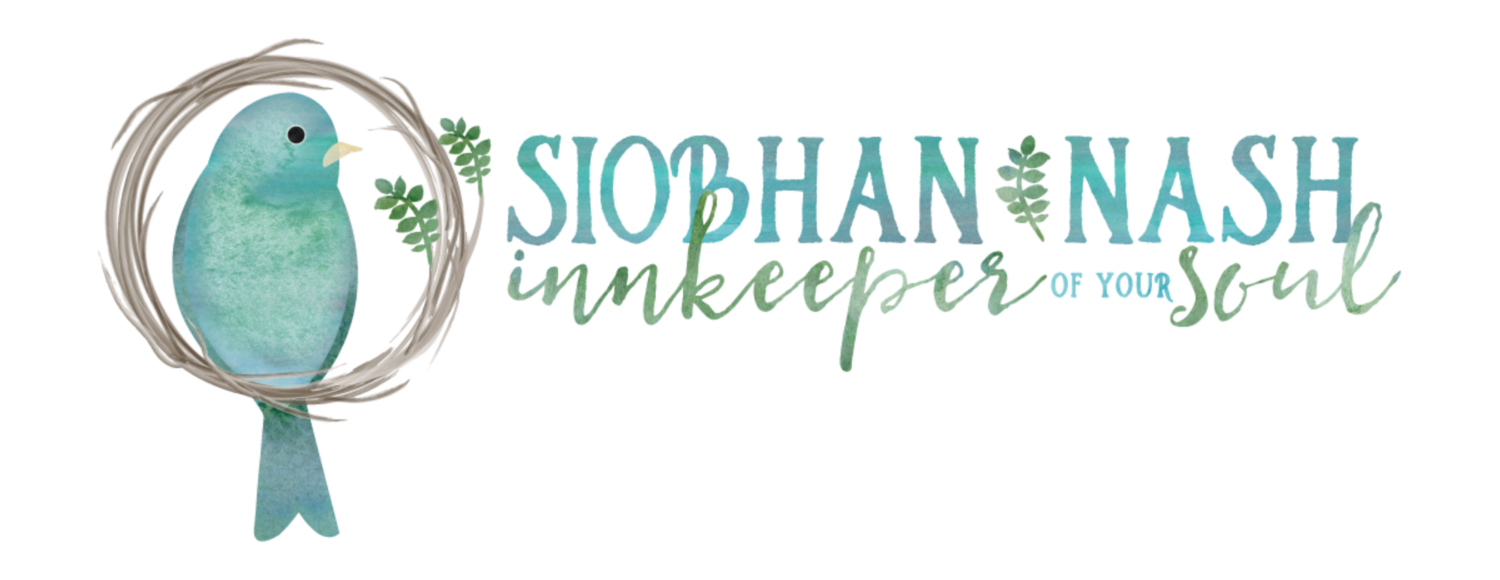I was having a conversation with a friend recently, and I was suddenly struck by how often we as women, and humans in general, downplay our pain whether it's emotional, physical, or psychological.
I've been doing it with my broken toe. It's just a toe and a smaller toe at that. It's not an arm, a leg, or a hip. And it didn’t require surgery, pins, or plates.
Yet, I hear myself saying “It’s just a toe” to myself and others, and downplaying all the challenges I’ve experienced with this broken bone, like …
Fatigue: A healing bone, even a small one, takes a lot of energy, which left me incredibly tired the first two weeks. And, at the 4+ week mark, I still find myself tiring more easily.
Discomfort: It’s not just my toe that’s uncomfortable. My entire foot is sore from wearing the post-op shoe, which offers little cushion or support. Also, my whole body has been thrown out of whack from wearing shoes with differing heel heights.
Sleep disruption: For sure, the sleep disruption was worse right after the break. Every time I wanted to turn over, I woke up to reposition myself in a way that didn’t jostle my foot. Even now, the desire to be careful of my toe lingers in the back of my mind and impacts my sleep, albeit to a much lesser degree.
Physical limitations: Admittedly, I have not been the most physically active person in the past few months, in part due to an ankle sprain I sustained last September. But this broken toe has severely limited even the most basic physical activity—walking.
Mental fatigue: This comes close to rivalling the physical fatigue. I am constantly having to consider my toe in how I walk, climb stairs, and generally move around my environment. I have to be aware of where my toe is in relation to other things, like our dog Henry who has no concept of personal space and is prone to stepping on my foot.
But more than downplaying the difficulties of my broken toe, what I have downplayed the most is my grief. The grief over my limited mobility that keeps me inside when I’d like to be outside. The grief over lost sleep that impacts my mental acuity. And the grief over the fatigue that affects what I can physically accomplish each day.
I have limited resources right now, and I am constantly evaluating where I want to invest the time and energy I have available. There is grief in that as well.
Going back to my original statement, maybe the issue isn’t just that we downplay our pain but that we also don’t allow ourselves to acknowledge the moments of everyday grief that come with living this human life.
Why is that?
Is it because small “g” grief isn’t worthy of our attention when there is so much big “G” grief in our world—both close to home and across the globe?
Is it because it feels selfish to talk about the grief we experience in our everyday lives?
Are we worried that we’ll be perceived as, or worse, accused of indulging in a pity party?
My hunch is that, if someone close to you shared their everyday grief with you, you wouldn’t tell them to buck up and get over themselves.
So why do we do that to ourselves?
I know why. And I know you know why, too. Because not only have we been conditioned to set our feelings aside and “get on with it,” but also we live in a society that finds grief intensely uncomfortable—both Grief and grief.
Maybe the key to getting better at holding space for Grief is by practicing holding space for our own everyday grief.
What do you think?
Do you find yourself ignoring the moments of grief that come to you during your day? Or do you give yourself space to acknowledge the grief?
Let me know. I’d love to hear.

